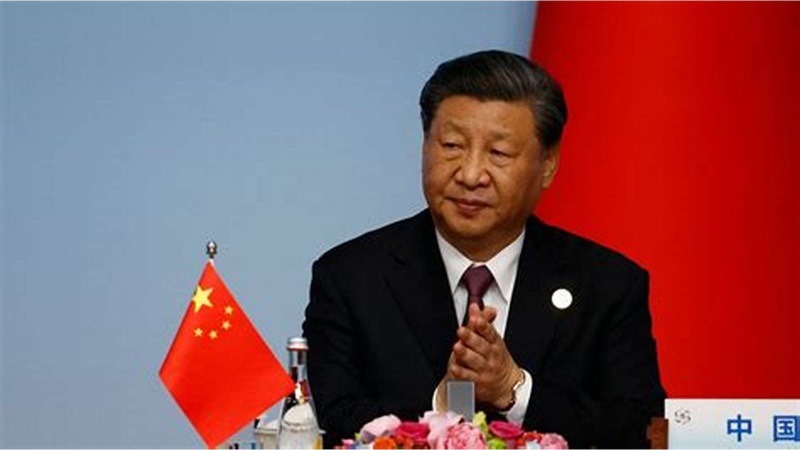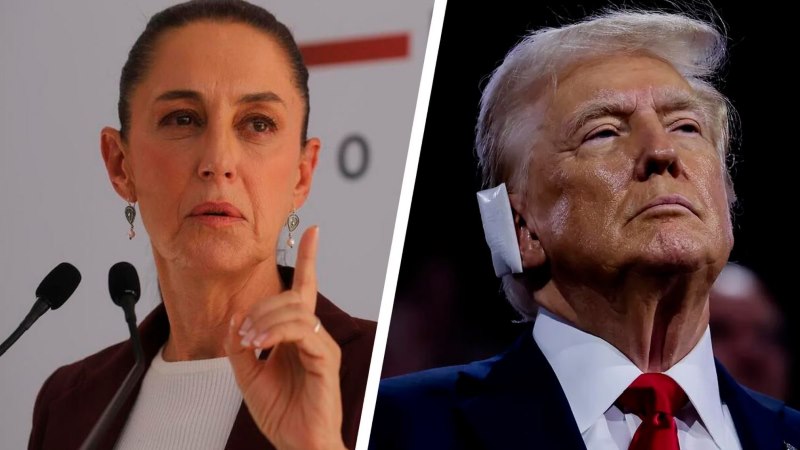Mexico’s president, Claudia Sheinbaum, stated that she would not offer an immediate response to U.S. President Joe Biden’s announcement, which proposed a 25% tariff on cars and vehicle parts not manufactured in the United States. In a firm tone, Sheinbaum emphasized that her government preferred to wait until April 3 to provide a “comprehensive response” to the measure. The decision reflects a cautious strategy to address the situation, avoiding a hasty reaction that could complicate bilateral negotiations.
The Impact of the Tariff on the Mexican Economy
Biden’s announcement could significantly impact Mexico’s automotive industry, a key partner in U.S. vehicle production. The proposed tariff may affect hundreds of thousands of jobs and disrupt supply chains. Experts warn of potential economic consequences for both countries. However, Sheinbaum assured her government would carefully analyze the measure’s implications.
International Consultations and Possible Alternatives
The president also mentioned that Mexico would seek international consultations regarding the tariff, in line with international trade agreements like the USMCA. Mexico and the United States have a close trade relationship, and Sheinbaum’s response aligns with the need to protect national interests within the framework of the treaty. Experts pointed out that this could be a way to prevent the tariffs from negatively impacting bilateral trade.
The Context of U.S. Trade Policy
Biden’s announcement comes amid a broader review of U.S. trade policies. In recent years, the U.S. government has prioritized reviving its manufacturing industry, focusing on job creation and reducing dependence on foreign imports. However, such measures may have repercussions for U.S. trade partners like Mexico, which heavily relies on trade of vehicles and auto parts with its northern neighbor.

Xi Courts Global Executives as Trump Escalates Trade Conflict
Chinese President Xi Jinping urged global business leaders to resist protectionism, leveraging discontent over U.S. tariffs to position China…
Reactions from the Mexican Business Sector
From the Mexican business sector, the reaction has been one of caution but also concern. Business leaders noted that imposing a tariff could trigger a series of negative effects on the industry, impacting both production and exports to the United States. In this sense, diplomatic negotiations between the governments of Mexico and the U.S. are seen as key to mitigating the risks of the measure.
Perspectives from Mexico City
In Mexico City, analysts agree the government’s response is crucial to protect national interests. Experts on Perspectivas emphasized Sheinbaum’s balanced approach. Sheinbaum prioritizes diplomacy and negotiation over confrontation in handling the issue. April 3, mentioned by the president, will be pivotal for the next steps.
Awaiting a Comprehensive Response
Political leaders and economic sectors in Mexico await President Sheinbaum’s response in less than a week. The situation challenges Mexico’s economy and U.S. relations. Intense diplomatic activity and negotiations are expected. This issue will be resolved through strategic efforts.


